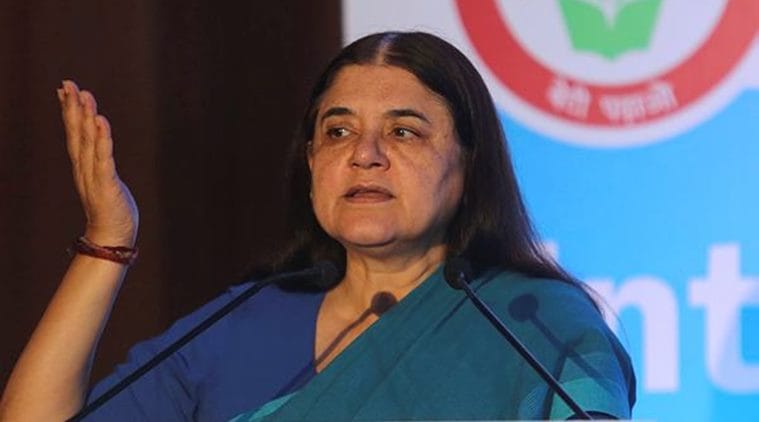Good intentions aren’t enough
Trafficking Bill must be referred to a Select Committee for a robust debate. Maneka Gandhi has clarified that “the Bill has been drafted after in-depth study and extensive consultation with a range of stakeholders over a period of three years”.

Many admire and respect the robust vision for social justice set out by Maneka Gandhi and experienced activists in pushing for the Trafficking of Persons (Prevention, Protection and Rehabilitation) Bill 2018. The disagreement over the Trafficking Bill is not one of our collective vision for social justice but for how we get there.
Maneka Gandhi has clarified that “the Bill has been drafted after in-depth study and extensive consultation with a range of stakeholders over a period of three years”. A public consultation was, however, invited only once in 2016 when a draft Bill was posted on the website of the Ministry of Women & Child Development. Subsequent versions were selectively shared only with a small group of stakeholders listed by the minister in the Lok Sabha, namely, Kailash Satyarthi, Sunita Krishnan, P M Nair and their allies, all organisations that believe in using the criminal law to raid, rescue, rehabilitate and repatriate survivors of trafficking. The 2018 version is substantially different from the 2016 draft and is more carceral with extensive surveillance powers for the state. Trade unions, bonded labour groups, migrant and contract workers’ groups, child labour groups, sex workers’ groups, transgender groups and indeed even major feminist groups were not consulted on this version of the Bill, which became public only when introduced in the Lok Sabha.
The Bill’s supporters appear to have a simplistic premise: That evil social actors traffic vulnerable persons and can be removed from society through police enforcement of criminal laws, followed by rescue and rehabilitation by enlightened NGOs who know what is best for the victims. Free from their unbearable circumstances, victims at rehabilitation homes will restart life on a clean slate. The need for such humanitarian intervention is compelling, and activists’ efforts have indeed improved the lives of several victims. However, the Bill is based on the Palermo Protocol, negotiated under the UN almost 20 years back. With barely 6,000 convictions for trafficking around the world pursuant to the Protocol, it has become clear that a criminal law response to what is fundamentally a socio-economic problem has failed. In India, socio-economic inequalities are more acute, as 37 million people have been dispossessed by the agrarian crisis leading them to migrate, thus becoming vulnerable to trafficking and forced labour. Increased criminalisation is only likely to strengthen the hands of corrupt police officers leading to the persecution of vulnerable sections of society.
The Bill is a draconian criminal law with offences unrelated to trafficking (distribution of material on sexual exploitation), vaguely worded offences (publicising obscene materials that may lead to trafficking), offences where only the act has to be proved and minimum, mandatory punishments with no clear sentencing policy. The Bill presumes guilt rather than innocence; this is against the Constitution. In July, the UN Special Rapporteurs on Contemporary Forms of Slavery and on Trafficking in Persons expressed grave concern with the Bill — it fails to comply with the OHCHR Guidelines on Trafficking and Human Rights which requires the non-criminalisation of trafficked persons for immigration offences, precise definitions of crimes, proportionate sentencing for offences, civil remedies for trafficked persons, punishment of public sector involvement in trafficking, ensuring freedom of movement and monitoring human rights impact of anti-trafficking legislation. Further, rescue operations should not harm victims’ dignity or hold them in custody.







































No hay comentarios:
Publicar un comentario